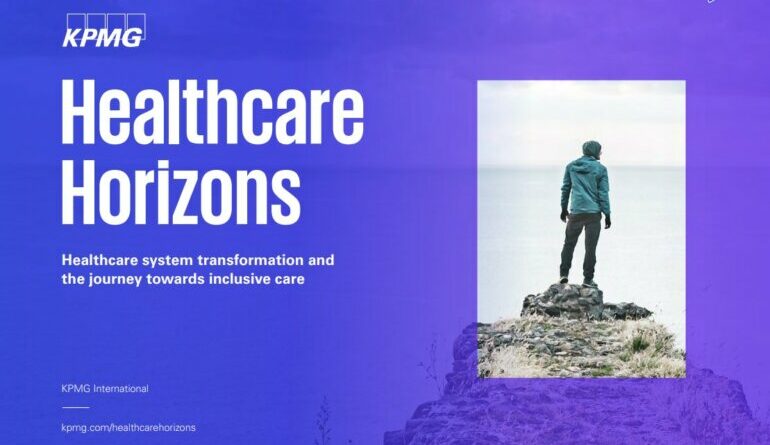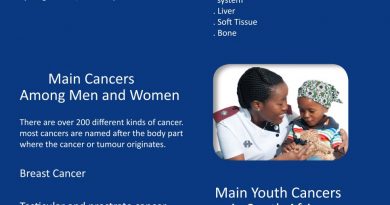Radical transformation required as the world’s healthcare systems face future waves of crises
Two years on from the outbreak of the COVID-19 pandemic, the world’s healthcare systems may never ‘return to normal’ as a perfect storm of underlying challenges and future crises emerge.
KPMG’s Healthcare Horizons report, published today, warns that systems around the world – from government-funded health services to privatized insurance-based models – are all facing potentially existential crises that require radical and innovative new thinking.
Long before COVID-19, workforce supply and wellbeing, and increased service demand due to aging and growing population and increased non-communicable disease burden were challenging healthcare systems. Looking towards the future, the report highlights that the pandemic will likely prove to be just the first of several successive waves of crises that are expected to batter the industry such as a global recession, COVID response-related debt, geopolitical instability, and climate change disasters.
Healthcare Horizons predicts three possible future scenarios for the industry:
• Impoverished: In this scenario health systems revert to pre-pandemic ‘business as usual’. They continue to rely primarily upon hospital-centric models of care, focus efforts on hiring new staff without addressing retention and wellbeing, and adopt some new technology in a disjointed fashion. The outcome of this scenario is that organizations are likely to become overwhelmed by rising service demands and costs, which may result in varying degrees of system collapse or long-term declines in care quality and population health.
• Alienated: In this scenario health systems undergo radical technological transformation, leveraging data and emerging technologies. However, this is not accompanied by community engagement and integration, nor a focus on workforce. Although technology holds much promise in solutions for the future the likely outcome of this scenario may be two-tier systems in which those with the more digitally literate, urban, and wealthy populations receive the highest quality service. A singular focus on technology also risks disaffection amongst clinical staff, especially if technology is implemented without staff taking a strong role.
• Inclusive: Through this scenario, technology and community assets are leveraged to increase workforce capacity to provide high quality care. Technology is seen as a means to an end – activating patients in their own care, enabling healthcare workers to better engage with patients, and empowering communities to address health inequity issues and employ more preventative approaches. The outcome for this scenario is that healthcare organizations thrive, and entire populations benefit from improved health and care.
The Healthcare Horizons report calls for immediate action to address past and future challenges and urges decision makers to focus on an inclusive approach through which technology, workforce and community driven ways of working act like a triangle with each side strengthening the others.
A new approach that empowers communities and patients, treating them as active custodians of care, working in partnership with healthcare systems, has the potential to transform how healthcare is managed with far more collective responsibility and longer-term approach to wider wellbeing.
Dr. Anna van Poucke, Global Head of Healthcare at KPMG, says:
“COVID-19 wasn’t a black swan event. The healthcare sector will never return to normal due to the underlying challenges that were already present before the pandemic. It may sound alarmist to talk about potential waves of future crises, but the stark reality is that health systems in almost every country and territory on the planet are already approaching their breaking points, with the coming crises likely to tip them over the edge.”
“KPMG’s report aims to offer a synergetic vision that focuses on the balance between investment in tech, workforce empowerment and genuine community involvement and decision-making. We’re talking about the true devolution of decisions and services – enabling healthcare users to take a more active role in guiding services in their area – backed by innovation and technology, rather than led by tech.
“The world’s healthcare sector is on life support, but it isn’t all doom and gloom. From the millions of people employed in the industry to the many people whose lives are positively transformed by access to good quality, proactive services, healthcare matters. Our report offers actionable insights. The moment has now come for health leaders to lift their attention from the day-to-day challenges facing their industry and to start strategizing beyond the typical one or four-year business planning cycles, towards the crises and future trends speeding towards them.”




